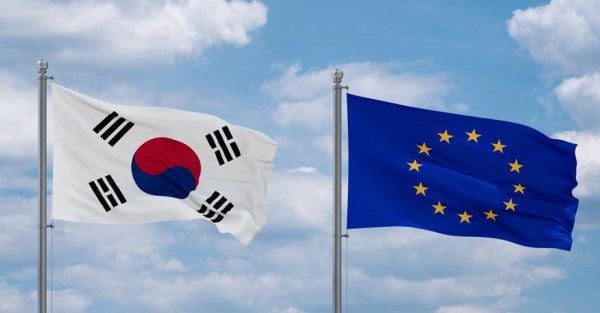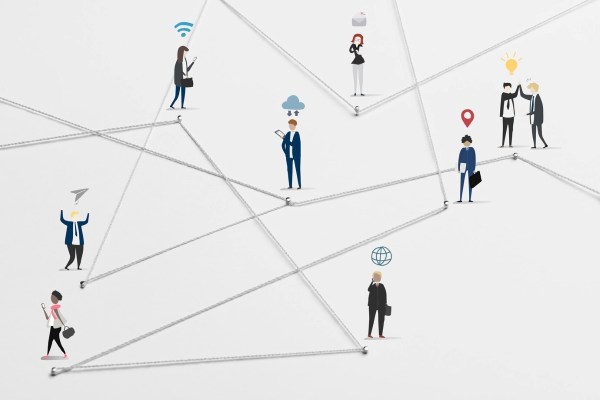 Eduardo Salido,
Eduardo Salido,
A few weeks Ricardo Lagos wrote a column entitled: After 10 years another agenda is convened. The former president of Chile made a call to countries on both sides of the Atlantic (this time both the North and the South) to continue strengthening economic, trade and cultural relations established between the two regions for centuries.
On October 11, the eve of commonly celebrated “Columbus Day” as referred to in English, and with various names such as the “Día de la Hispanidad” (Hispanic Day) in El Salvador and Spain, “Día de encuentro de dos mundos” (The meeting of two worlds Day) in Chile or “Día de los Américas” (Day of the Americas) in Uruguay, the first EU – CELAC Economic Forum. Channels for a joint future forum, was held in Brussels. The topics discussed throughout the day on the 11 October encouraged those present to continue building the transatlantic relationship on three pillars:
1. Trade agreements and political relations between regional and subregional blocs.
2. Cultural relations and the importance of migration in the process.
3. Productive and social digitalisation as an element of the creation of fundamental wealth in the short, medium and long term.
In the first part of the forum, the director of Bruegel, Guntram Wolff, mentioned the three characteristics that describe the global geopolitical situation: the omnipresence of China in countries producing raw materials, trade agreements in negotiating regional, subregional and bilateral blocs and the shift towards Asia as the epicentre of global economic activity (with more than 60% of world GDP concentrated in this region).
Emilio Lamo de Espinosa , president of the Elcano Royal Institute, highlighted the privilege and the potential of the Spanish language and the cultural bond as a tool for business between Latin America and Europe. He also made mention of the fact that Latin America is part of what we know as the West, a continent whose countries (with the exception of one) are established democracies with strong commercial, cultural and political ties with Europe and the United States.
Finally, Edita Hrdà, Executive Director for the European External Action Service, explained that the negotiations with Mercosur and Mexico were progressing well and are expected to conclude before the end of the year. In addition, the importance of technology, the economy of data and digitalisation as fundamental elements of the competitiveness of countries was highlighted. These characteristics of the economic reality of our century were present throughout the entire 21st Century Trade Deals day.
If free trade in the 20th century was an essential tool to transform economies, as Director General of ProMexico reminded the audience in his speech at the Forum, in the 21st century the economy of data and the trade relations emerging from this new reality will be the factors that make countries more or less prosperous in the coming decades.
Precisely, this meeting point between geopolitical and trade negotiations and the new world of technology companies serves to establish a new common agenda between Latin America and Europe. Digitalisation has come a long way in Latin America becoming a region with top class infrastructures, with the potential of a young economy and a growing middle class. However, it still faces a series of challenges that will determine whether the region will be of sufficient significance globally in the coming decades.
The first challenge facing the region is to connect the remaining 53% of Latin American citizens who, in 2017, still don’t use the Internet.

To close this gap, there are two fundamental issues: making the Internet accessible for all types of income and having sufficient investments which will enable the information and communication technology industry to continue developing. This is one of the reasons why the trade and investment treaties are relevant to the development of digitalisation across Latin America. Providing an investor framework that minimises the risks of investment and enables the problems related to technology of the 21st century to be tackled. In particular, this framework will cover a number of issues that will be the keys factors in the exchanges of goods and services between the economies of Latin America and Europe.
The protection of the data of users of Internet services, cybersecurity, digital content, the institutional configuration of Internet controllers, Internet governance, the impact on employment and productivity of digitalisation, robotics or artificial intelligence are some of the topics to be included in the bilateral, bloc or multilateral discussions.
A new agenda that strengthens trade and political relations between Latin American and European citizens and companies will have to incorporate the traditional points of conflict regarding trade, investment or political agendas. Additionally, the major topics of the 21st century, on both sides of the Atlantic must be incorporated, not only as accessory elements but as pillars for the negotiation of political, commercial or economic agendas.











